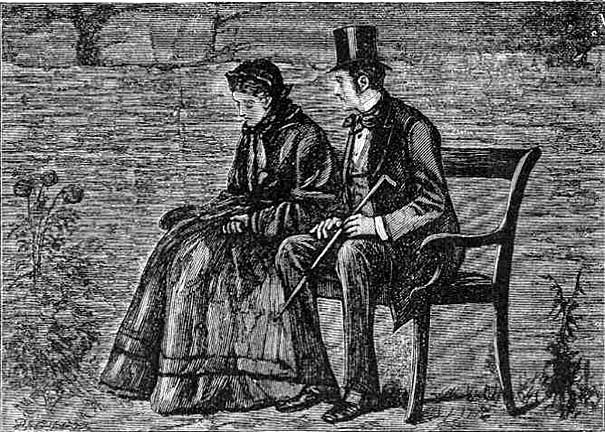My husband and I both have strong personalities so making decisions and working together on tasks can be a challenge sometimes, even after nearly 20 years of marriage. Traveling is one area that’s especially problematic for us. On a recent camping trip I decided to employ a new approach, which seemed to work very well. Before arriving at the next decision or destination, I asked him, “What is your expectation about . . .?” Starting with this question allowed me to get valuable information about his point of view first, allowing me to temper my response instead of simply declaring my own preferences and putting him on the defensive. It set up an open dialogue that helped us get to a mutually beneficial decision more quickly and with less struggle, disappointment and frustration. Success!
It occurred to me that there were many practical applications of this approach in our job as fundraisers. After all, what situation couldn’t be improved by knowing more about what another person is thinking, allowing us to avoid disappointment and frustration? I can think of at least three situations when knowing expectations could make a significant difference.
What are the expectations of your donors?
The first obvious application is the expectations of your donors. Fundraisers are fixated on how to make donors stick around and give more. Maybe we should start with their expectations. Donors expect that they will be acknowledged; that they will be informed; and that you will use their gift as they intended. After all, donors place trust in us when they make a donation and they expect that trust to be upheld. When we fail to acknowledge them properly or we fail to communicate with them about the impact of their gift; or - -perish the thought - -we use their gift in some other way than intended, that trust is eroded and donors don’t return. Knowing how much more it costs to acquire a new donor than to keep an old one, it’s just practical to quit guessing and focus our efforts on meeting donor expectations instead.
What are the expectations of your board members?
As nonprofit staff we spend a lot of time complaining about our board members because we expect so much from them; but we rarely consider what they expect of us. I believe most board members have the best intentions and expect that their experience on a board will be a positive one. I also believe most of those expectations are not met. Board members want to feel valued; they want to feel heard; and they want to see the impact of their work. When we overlook their skills; or rob them of their governing authority by making decisions for them; or fail to keep them connected to our work through hands-on access to our beneficiaries, they lose interest and fall away. The next time you recruit a board member, ask them about their expectations, then make a plan with your board leadership to fulfill them.
What are the expectations of you and your development staff?
The relationship between a CEO or Executive Director and his/her development staff is like a marriage: one party may have a completely different set of expectations than the other and this can lead to frustration, conflict and possibly separation. CEOs and EDs need to ask their development staff what the expectations are for fundraising outcomes in the coming year and then listen and be realistic as plans are made. Development staff needs to ask the CEOs/EDs what expectations they have for the coming year and create a plan that incorporates those expectations within reason. Open, honest communication about what is realistic and attainable will keep expectations in check and frustration at bay.
When we know what others expect we have the knowledge and information we need to improve and strengthen relationships. Since relationships are the heart of fundraising, start by asking, “What is your expectation?” and see where the conversation leads you.

